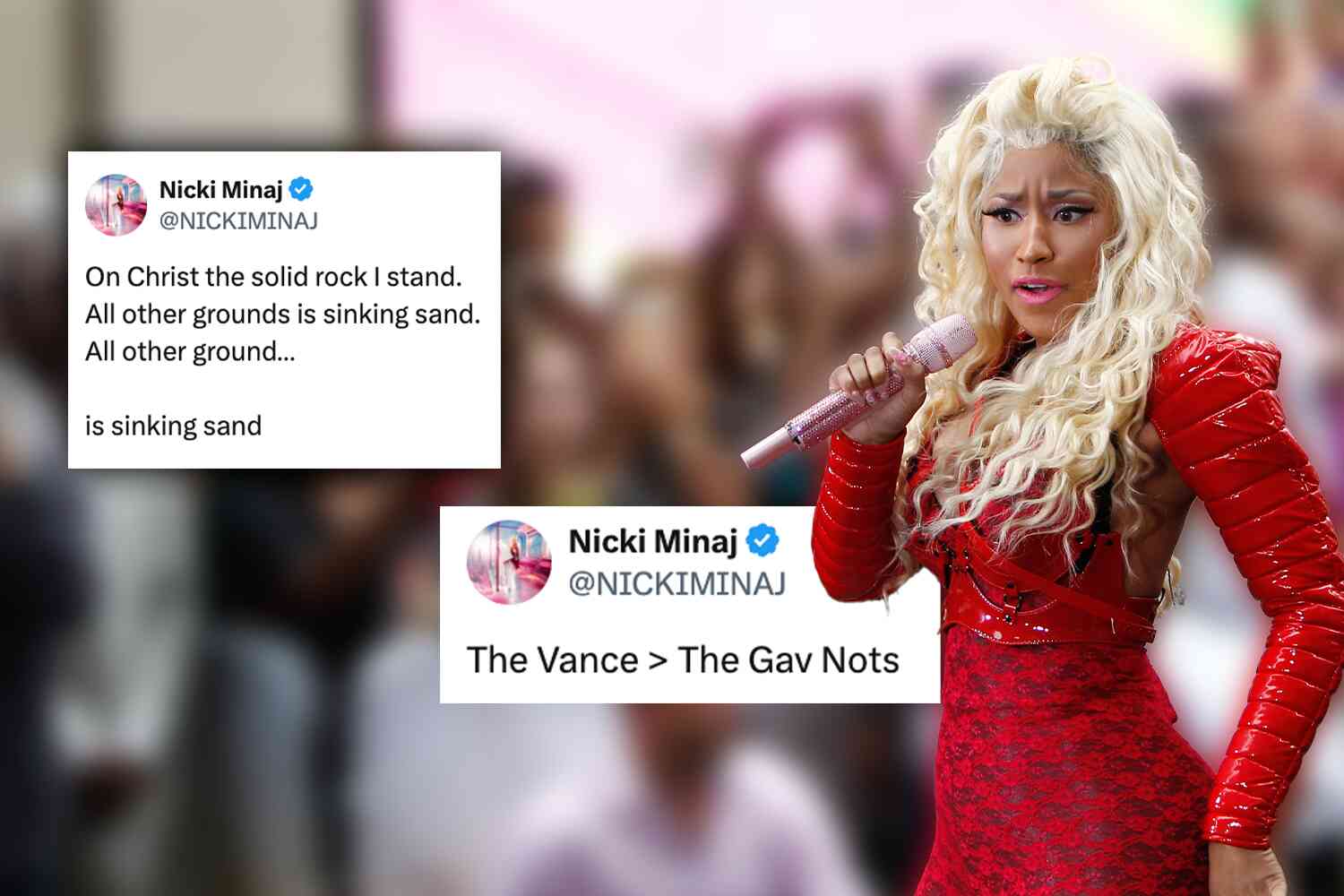I'm not sure what would cause a bug to look at inert, tasteless, nutrient-free packing material and think, "Hey, that looks delicious," but I know of at least one insect that says just that very thing:
The plump, glossy larvae of the darkling beetle, nicknamed "superworms" perhaps because of their size, are usually content to munch on wheat bran. But a number of the two-inch-long critters recently found themselves dining on much stranger fare in the service of science: polystyrene, the long-lived plastic packing material known sometimes by the brand name Styrofoam.
What's more, the larvae that managed to choke down this peculiar feedstock did not, as you might expect, expire. As scientists documented in a paper published on Thursday in the journal Microbial Genomics, they even gained a bit of weight and were able to metamorphose into beetles most of the time, prompting the researchers to check their digestive systems for microbes that could break down the polystyrene. If scientists can understand such microbes' tool kits, they can devise a better way to recycle this tenacious substance, which, if left on its own, may persist in the environment for hundreds of years or more.
Ahhh, I get it: They're going for the microbes! So instead of trying to wrangle a wild, bulky, hard-to-control worm...

...they're just gonna cut it open and get the goodies straight from the source.

That's probably the nicest thing to do. After all, the scientists don't sound all that convinced that the worms actually enjoy the stuff:
"Polystyrene is definitely a poor diet," Dr. Rinke said. But "the worms can survive it — they don't look sick or anything."
"They don't look sick or anything."

Either way it sounds very promising!
P.S. Now check out our latest video 👇









